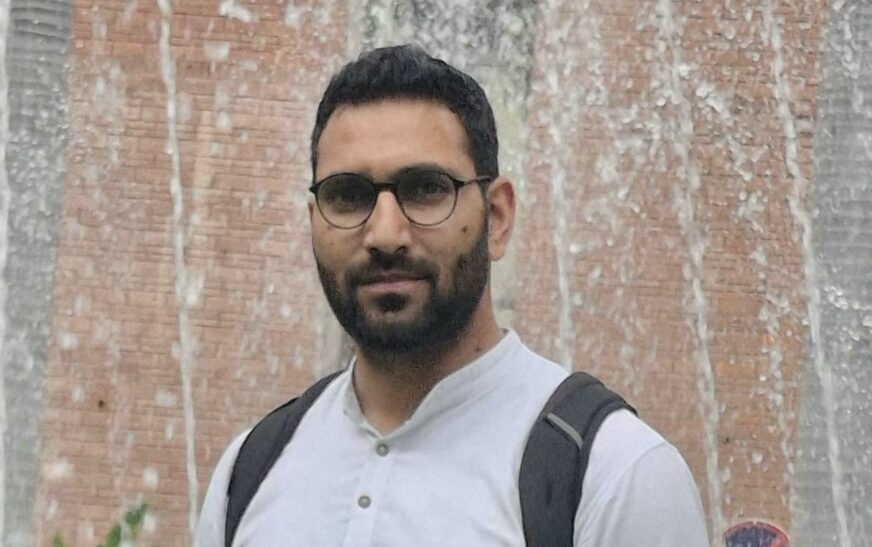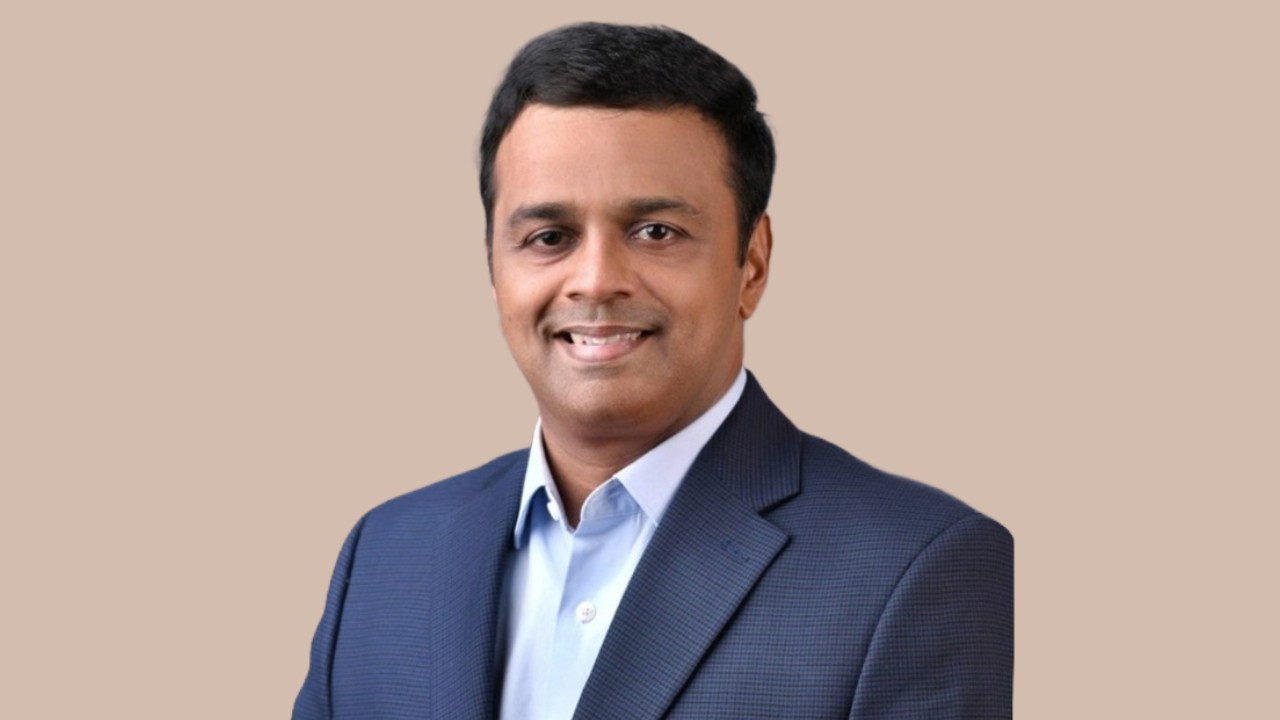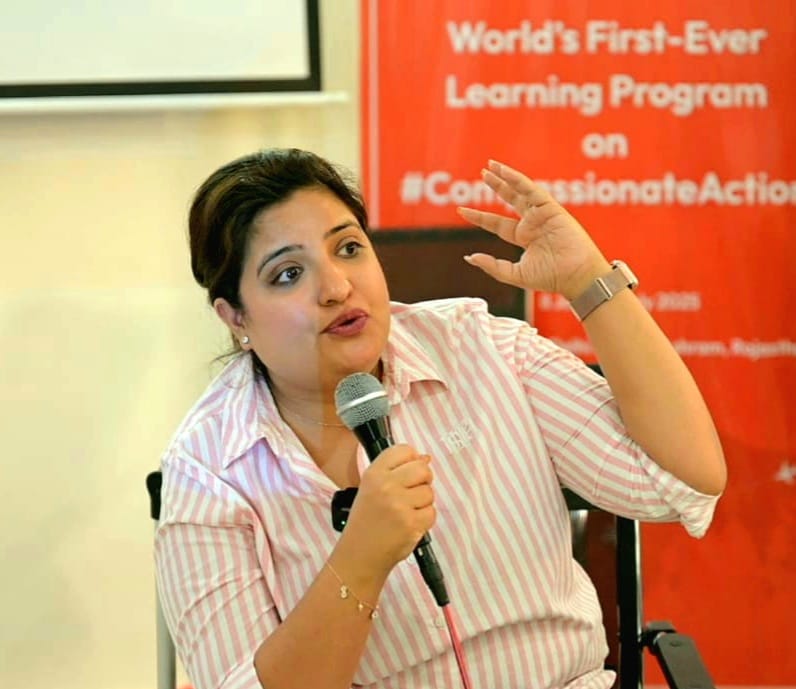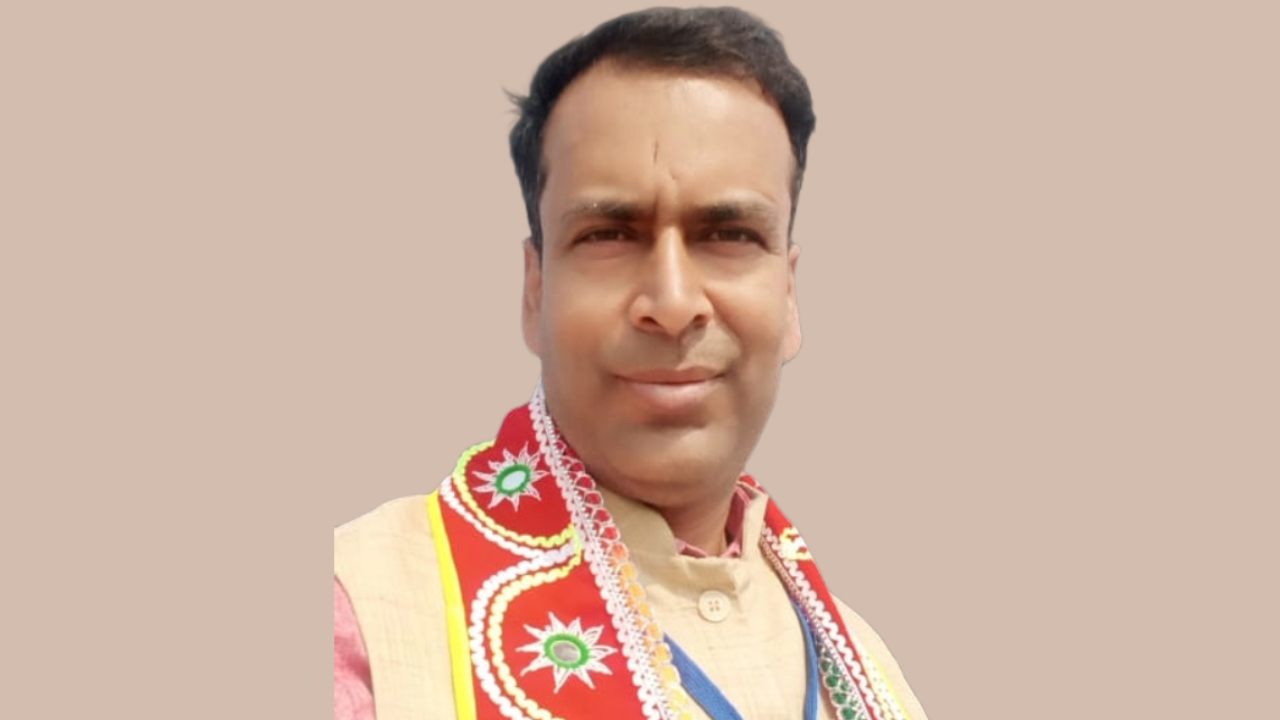WaWe Waste to Wealth Sustainability Private Limited has emerged as a pioneering force in sustainable innovation. The startup transforms biodegradable waste into high-quality compost and value-added biofertilizers, directly advancing sustainable agriculture. At the same time, it recycles plastics and scrap materials, actively supporting the circular economy. With a clear mission, WaWe is reshaping the waste management landscape by delivering scalable, eco-conscious solutions that tackle pressing environmental issues.
At the PRAGATI Founders Forum 2025, hosted by iHub-AWaDH at IIT Ropar, The Interview World engaged in an exclusive conversation with Md. Amir Khan, CEO and Founder of WaWe. During the discussion, he detailed the startup’s biodegradable innovations and demystified the science behind the biodegradation process. He also highlighted the significant market potential of WaWe’s solutions and shared impactful metrics—particularly the number of farmers who have adopted the technology and the notable increase in crop yields they have achieved as a result.
Here are the key insights from this engaging and informative exchange.
Q: Could you walk us through the flagship solutions your startup brings to the market in sustainable agriculture?
A: WaWe Waste to Wealth Sustainability Private Limited is a deep-tech startup driving innovation in biodegradable waste management. Leveraging an indigenously developed technology—designed in collaboration with IIT Ropar—WaWe has revolutionized the composting process by reducing the time required from 90 days to just 10. This breakthrough has enabled the efficient conversion of biodegradable waste into three distinct, high-impact products.
The first is standard vermicompost, the second is vermicompost enriched with Trichoderma, and the third is vermicompost fortified with Mycorrhizae. Each of these products plays a critical role in enhancing soil health and agricultural productivity, especially within the horticulture sector. Their impact has been particularly significant in regions like Jammu and Kashmir, where farmers are transitioning from traditional apple orchards to ultra high-density apple plantations. In this context, WaWe’s bio-fertilizers offer a timely and essential solution.
Notably, these products have earned national-level recognition and have been approved by SKUAST Kashmir for two consecutive years—further validating their quality and effectiveness. Within just two years of operations, WaWe has generated a revenue of ₹52–55 lakh and currently faces a production shortfall due to growing demand—underscoring both market traction and scalability.
Q: Can you explain the underlying mechanisms that govern the process of biodegradation?
A: WaWe’s process is rooted in the principle of biodegradation, harnessing the power of biological agents such as earthworms, Trichoderma, and Mycorrhizae. The startup’s proprietary technology begins by neutralizing harmful pathogens in the waste, rendering it completely safe.
Next, the waste undergoes mechanical grinding, which increases its surface area and optimizes conditions for microbial activity. Finally, the system activates the naturally occurring beneficial microorganisms to accelerate the decomposition process—dramatically reducing the time required to convert waste into nutrient-rich compost.
Q: What market potential do you envision for your biodegradable solutions in the current sustainability-driven landscape?
A: This industry commands a vast market—not only in India but also globally. In Kashmir, the shift is particularly noticeable. Farmers are steadily moving away from traditional apple farming and chemical-based fertilizers. Instead, they are embracing organic alternatives and sustainable agricultural practices. This transition has already triggered substantial market demand. At a national level, India is actively advancing toward environmentally responsible farming. As a result, the market for startups in this space looks exceptionally promising.
Q: Have you tailored this innovation for agricultural use, and can you quantify the number of farmers who have benefited?
A: Farmers remain at the core of everything we do. Our mission is clear: ensure they are the primary beneficiaries of this technology. To begin with, we conducted initial trials across two to three districts in Jammu and Kashmir. During this phase, we engaged directly with 25 farmers to gather on-ground insights. Following successful field testing, we formally launched the product. Since then, over 3,000 farmers have adopted and are actively using it—a strong validation of both its relevance and impact.
Q: Can you share the kind of yield improvements farmers have experienced after adopting your solution?
A: Yes, our product delivers outstanding results in both sustainability and crop yield. The key promise we make to farmers is this: their plants will not suffer from root rot. This assurance comes from the presence of Trichoderma in our formulation. Trichoderma actively prevents root rot, enabling plants to efficiently absorb vital nutrients from the soil. Additionally, we guarantee the precise concentration of essential nutrients—nitrogen, phosphorus, and potassium (NPK)—crucial for robust plant growth. Importantly, all these components have undergone rigorous testing and validation by SKUAST Kashmir and IIT Ropar. Our product has already received formal approval from SKUAST Kashmir, reinforcing its efficacy and safety.









